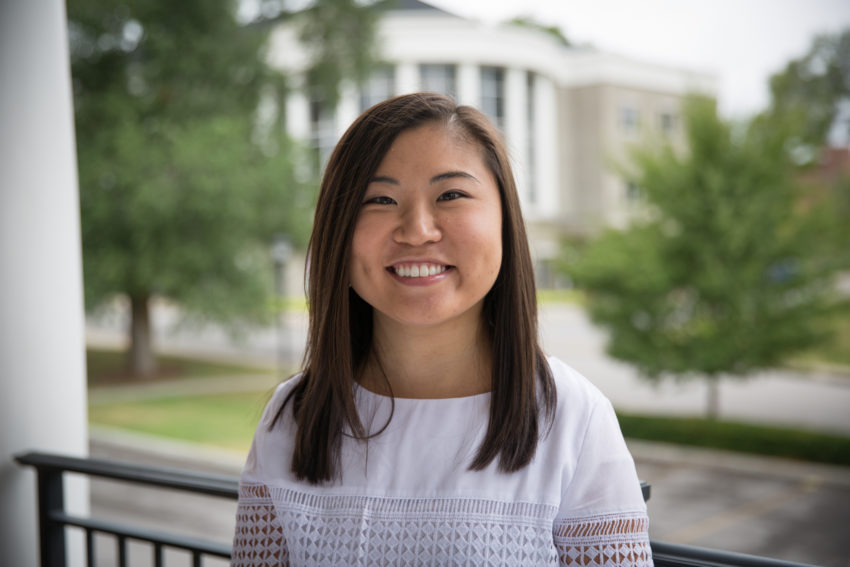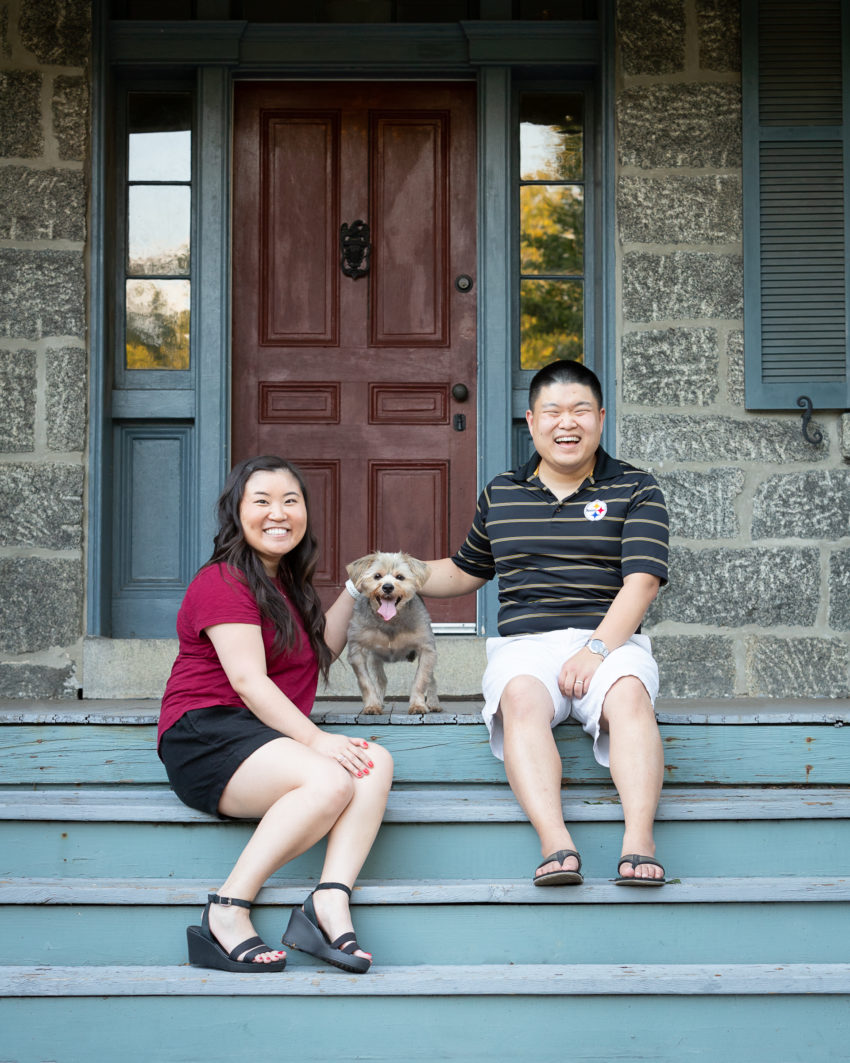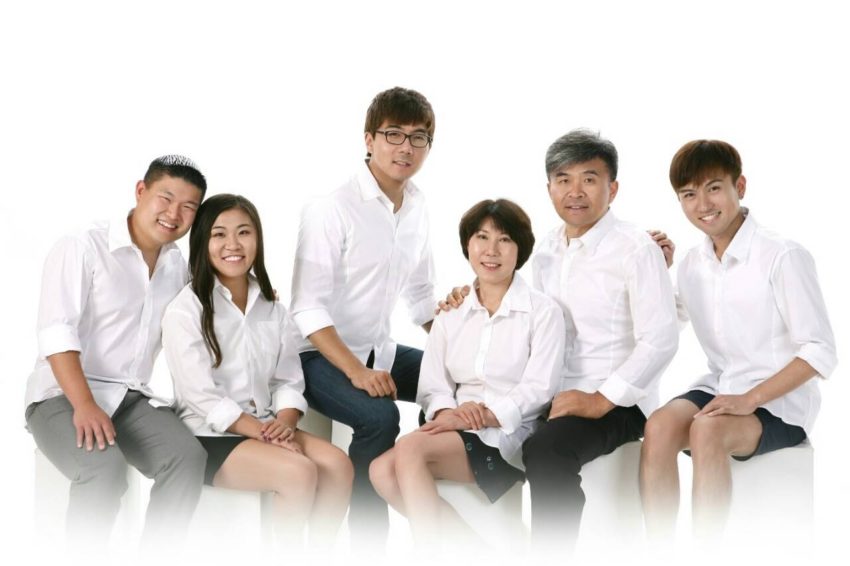
Hi everyone! Today’s post is written by Whitney Fritz, a Korean adoptee who generously shares her experiences with the adoption community. I first met Whitney when she was a guest speaker at one of our adoption classes and we have been friends ever since. Her story is beautiful, so grab some tissues and prepare your heart.
“I’m sorry, my Korean is not very good…” is what I intended to say. What I’d practiced over and over and over a gazillion times in my head. “I’m sorry, I’m so sorry, I’m so sorry…” is what ended up coming out instead, as the shock of seeing my own mirror image, my true blood relatives, my first reflection in 20+ years hit me like a bolt of lightning.
My birth father cried and held my hand and echoed his apologies. My birth mother stood with her mouth on the ground, shrieking that I could be the twin of my younger brother. But I guess I’m getting a little ahead of myself here.
I’m one of estimated 200,000+ children who were adopted out of South Korea in the 70 years since the Korean War unofficially ended in an armistice. I lost my name Hyang-Ok and came to be known as Whitney when I was adopted in the late 80s to a family in Connecticut. The only adopted child, I was one of 5 Casey kids and for all intents and purposes, grew up the same as any other 80s baby. My family was unique in that I was the baby by 10+ years so I was essentially raised like an only child, as memories of my siblings are all of them living out of the house on their own.
Back then, the name of the transracial adoption game was “assimilation.” White adoptive parents were taught to not “see color,” that the addition of a black/brown/Asian child into their household should not be considered any differently than that of a white child. I am glad to see that school of thought progressing now in the 2020s, as we of the 80s adoption baby boom grow and find our voices and express that those methods of assimilation were harmful in the erasure of our home cultures, traditions, identities. Instead of bulgogi and mandu, I grew up on casseroles and pies. My parents did the best they could with the information they had at the time and of course I find no fault with them. They actually did offer me chances to eat/learn/engage with Korean culture but I always turned my nose up in disgust. In hindsight, I was curious but I think I was simply embarrassed of being different. None of my friends in my class at school ate kimchi or spent their weekends learning Korean – why would I want to? I didn’t want to be the weirdo. Growing up, I was fascinated with Mulan and watched the VHS over and over and over again til the tape wore out but no, of course that had nothing to do with her being Asian or being one of the only mirrors I ever saw on the big screen or anywhere else in pop culture. To that point, for Halloween, I wanted to be the pink Power Ranger, definitely NOT the yellow one.
So you can probably imagine my parents’ surprise when I called home one day my senior year of college. “I got a job!,” I announced excitedly. Let’s just say the 2008-9 recession years were not an ideal time to graduate and join the job hunt. “Finally,” my parents sighed, “Where? On campus?” I took a deep breath. “Not exactly…” I began. “Umm, think more like…Korea?” Shocked silence on the other end.
Yes, as life always finds a way, things came full circle for me. My business degree was doing me no favors as a new graduate in a recession but one day as I was walking through the student center on campus, I noticed an ad for our sister school in South Korea. I’d already applied to at least 100 other places unsuccessfully so I didn’t even give a thought to sending out one more resume…until they responded and asked when I could start. And just like that, I landed in Seoul a few short months after graduation to begin teaching English- my first time back in 20-something years.
I loved and hated Korea. I joined our teaching program as one of a cohort of other recent college grads from America. Of course, I was the only one who wasn’t white. And soon, I was sticking out as more of a sore thumb there than I ever had (internalized) in the States. Everywhere we went, every server/driver/random person on the street assumed I was the translator for the white Americans and when I couldn’t understand a word of the Korean they spoke to me, turned in disgust at my idiocy. What kind of Korean can’t speak Korean? “It wasn’t my choice to not grow up here!,” I wanted to scream from the street corners.
As my Korean year went on, my parents back home in Ohio (we moved from CT in my teen years) reminded me that my adoption agency was nearby and if I ever thought I might remotely have any interest in seeing my file, now was as good a time as any. I put it off for more than 6 months. Finally, in the fall of 2010, just a few months before my scheduled return to the States, I stopped by Holt Post-Adoption Services in Seoul for what I expected to be a casual conversation.
“Happy baby, LOVES TO EAT!,” I read in the file and laughed. Some things never change. My interest turned to bewilderment as my social worker reached the last page of my thick file, just pulled from a forgotten filing cabinet for the first time in over 20 years. “Ohhhhh…” she stammered. What in the world did that mean? “So I’ve never seen this before. Here we have the equivalent of U.S. Social Security numbers for your family. All of them. Including aunts, uncles, grandparents, etc. A birth family search would be quite simple for you, if you’re interested…” I’m sorry…come again?
I left the office with my head spinning. I’d talked with my parents in Ohio and we decided that the door seemed too wide open for me to turn around and not see where this path might lead. The social worker told me I would probably hear from her within a month with some kind of update. Little did I know…
18 missed calls. Instinctively, I knew, even though it had only been 48 hours – nowhere near the month I’d been quoted. I’d just finished my morning classes and came back to the teacher’s office for 3 seconds to catch my breath before starting the flurry of afternoon lessons. I called the number back and as expected, my social worker picked up.
“Are you sitting down?,” she asked, followed by the 3 words that would change my life forever. “I found them.”
“CALL ME ASAP,” I texted, emailed, smoke-signaled back home to Ohio. I was in agony. It was the middle of the night in the States but I’d just been given an impossible decision. I impatiently waited for my mom, thankfully an early riser, to Skype me. As soon as she saw my face, she knew, and screamed through the house for my dad to get his butt out of bed and to the computer NOW.
Together we decided I should accept the invitation. I’d meet my birth family in Seoul the very next day, and as it was a Friday, stay the entire weekend with them at their home. I was terrified. What if I hated these people? What if the boys hated me? I’d learned I had two brothers – one older and one younger. They knew nothing of my existence until that day. My older brother was only 2 years my elder and had no recollection of his mom’s pregnancy, no questions when a baby didn’t come home to live with them after those 9 months. The younger was away at college in China until he randomly got a phone call saying, “You have a sister. We’re meeting her tomorrow. Come home on the next flight.” My heart ached for the emotions the boys must be going through.
Long story short, it all worked out. Many, many stories from the last decade of reunion can be found on my blog, We the Lees. My younger brother could pass as my twin and we are very best friends. He even took a leave from school to follow me home to the US to learn better English. We carved pumpkins and spent Easter together in Ohio with my parents. My husband (also a Korean adoptee) and I go back to Seoul every 2 years to visit and catch up with cousins and aunties and, of course, the grandparents. We went back for my older brother’s wedding. We’ve been back to meet his son. We have a family group chat that is very active every single day.
As for me, I am still adjusting to my newfound home of betwixt and between. By that, I mean home is nowhere and everywhere. When I’m in Korea, I want to be with my family in America. When I’m in the States, I want to be in Seoul. I also now proudly self-identify as a person of color. But even that is not as clear-cut as you might think, as I grew up in close proximity to the privilege afforded to white families in this country. To Americans, I’m Asian but in Korea, I’ll never be Asian enough. It’s a strange grey line I walk everyday, alongside thousands of other transracial adoptees. It’s taken me a decade but I’ve finally found peace and made my home here in the constant tension of an uncomfortable in-between.


Whitney Fritz is a Korean adoptee who has been in reunion with her birth family for 10 years. Upon moving to Korea for work after finishing her Bachelor’s degree, she was given the unexpected opportunity for reunion and began to develop relationships with that nuclear core, as well as a large extended family. A decade later, she maintains regular contact with them and has experienced all of the ups and downs of navigating the complexities and dynamics of these relationships. She has made every attempt to remain an open book throughout the experience in an effort to offer a perspective to adoptees and their families about what a birth family reunion can look like. She is quick to emphasize that she is not an adoption expert and that her experience is just that – her own experience. Adoption is such a uniquely personal thing that varies according to any number of factors and everyone has their own unique story. Whitney is married to a fellow Korean adoptee and the two run a blog together titled We the Lees. They can be found at wethelees.wordpress.com or across social media @wetheleesblog They reside in Baltimore, MD with their adorable Yorkie pup Yoda.
In honor of adoption awareness month in November we are donating to Holt International Gifts Of Hope. If you are in a position to give, please join us.